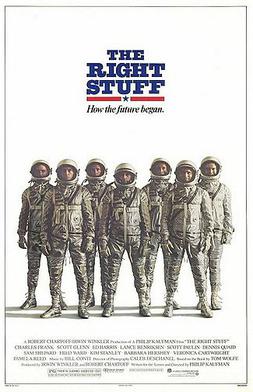The Keep (Michael Mann, 1983)
Cast: Scott Glenn, Alberta Watson, Jürgen Prochnow, Robert Prosky, Gabriel Byrne, Ian McKellen, William Morgan Sheppard, Royston Tickner, Michael Carter. Screenplay: Michael Mann, based on a novel by F. Paul Wilson. Cinematography: Alex Thomson. Production design: John Box. Film editing: Dov Hoenig. Music: Tangerine Dream.
Could the 210-minute cut of The Keep that Michael Mann originally submitted to Paramount really have been a better film – or even a good one? Because the 96-minute version now available on the Criterion Channel is a hopeless mess, incoherent and only mildly provocative in what ideas it seems to contain about good and evil. The story of its muddled production, the result of studio interference and the death of a key member of the crew, visual effects supervisor Wally Veever, has been widely told. Even its fine cast, which includes Scott Glenn, Jürgen Prochnow, Gabriel Byrne, and Ian McKellen, can’t save it. Glenn, who is one of those actors who make almost any film they’re in better, is oddly cast as some kind of superhero named Glaeken Trismegistus, who instead of setting to work immediately dealing with the monster called Radu Molasar (Michael Carter), spends time bedding Eva Cuza (Alberta Watson), the daughter of the professor (McKellen) brought in to solve the mystery of the keep, the fortress constructed to contain Molasar. Moreover, the professor and his daughter are Jewish, but the SS commandant (Byrne) who has taken charge of the keep doesn’t mind pulling them out of the crowd waiting to be sent to a concentration camp: He’s losing too many Nazi soldiers to the monster. Yes, there’s the makings of a good horror thriller in the film, and there are those who claim to find it in what exists, by filling in its many blanks. But I can only dismiss this as a rare failure by the director who gave us such exceptional films as The Last of the Mohicans (1992), Heat (1995), The Insider (1999), Collateral (2004), and the first movie (and one of the best) to feature Hannibal Lecter, Manhunter (1986). Talk about bouncing back!




.jpg)





